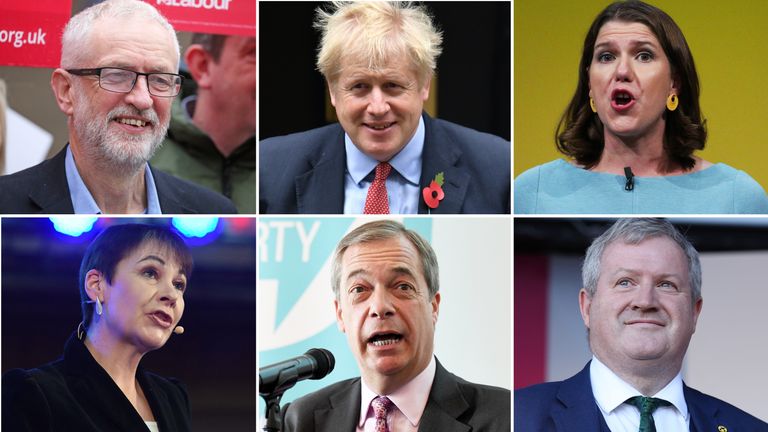Went to a debate yesterday at the Tea House Debating club. Due to the recent political atmosphere in the UK, they decided to have an election debate special. All of the speakers were members of the club and as the tradition, were given the party that they might not agree with. I totally agree with the format and that way of doing things, debating is healthy and should be encouraged in any modern society as it enables people to see things from another perspective and empathise with alternative views.

However, the Liberal Democrats, Labour, Green, Brexit, Conservative, and "No Party" i.e. "None of the above", were all represented. They were given 3 minutes to tell us why we should vote for them and another 3 minutes criticising the other parties. After which, there was a vote and two of the six parties were eliminated. During the debate, 2 things became obviously clear or apparent. That the speakers who were able to engage the audience and charismatic, whatever their policy did get a lot of the votes. And some parties were "one-trick ponies". Like the Brexit Party and the Greens, they did not have the experience in government, neither do they have long term sustainable policies to deal with running a successful government in power. Especially in these turbulent and precarious times, which would require politicking and experience. They are more of a protest party and are there to note people's opinions about the main political parties and the mess they seem to have got the all the country into over Brexit.
The people who performed the least were voted out after 6 minutes the Conservatives speaker and the person who represented "No party" opinion. The person who spoke for the conservatives lack enthusiasm and appeared to be out of his depth. It later turned out that he did not give it his best performance and believed that he could only become a Conservative "when Hell freezes over" due to their policies. The "No Party" speaker's brief was to speak for those who felt fed up with it all and did not believe in any current party and wanted a new one formed. At the end of the second run, the Liberal Party and the Greens were let off. Both parties wanted a second referendum and they gave the impression that the people who voted for Brexit were not fully informed or did not understand the implications of their actions. This did come across as paternalistic and condescending. But they did have a point, which was put across by the Liberal Democrat speaker, most of those who voted for Brexit were of the older generation, and a substantial number would have passed on, also the younger generation who are overwhelmingly remainers will have come of age, and it is believed that people are now fully well of the full problems with Brexit and it is not as easy as Boris and others said it would be. The change in population dynamics and the problems associated with Brexit, will according to them be more than the 2% margin, that the Brexiteers won by.
Although Labour eventually won, because the person was able to convince the audience that they did have the interest of the populace at heart. They had an alternative to the current mess we are currently in. They promised to go ahead with Brexit if the people wanted so, and they will further negotiate with Europe. Personally, I did not agree with the speaker and thought that Labour policies are more of the same and the leader belongs to Old Labour and might mess up the economy and growth by taxing businesses and mismanaging the economy as they have done in the past. Before New Labour which is more business conscious. However, it was an excellent debate and well presented.
Comments
Post a Comment